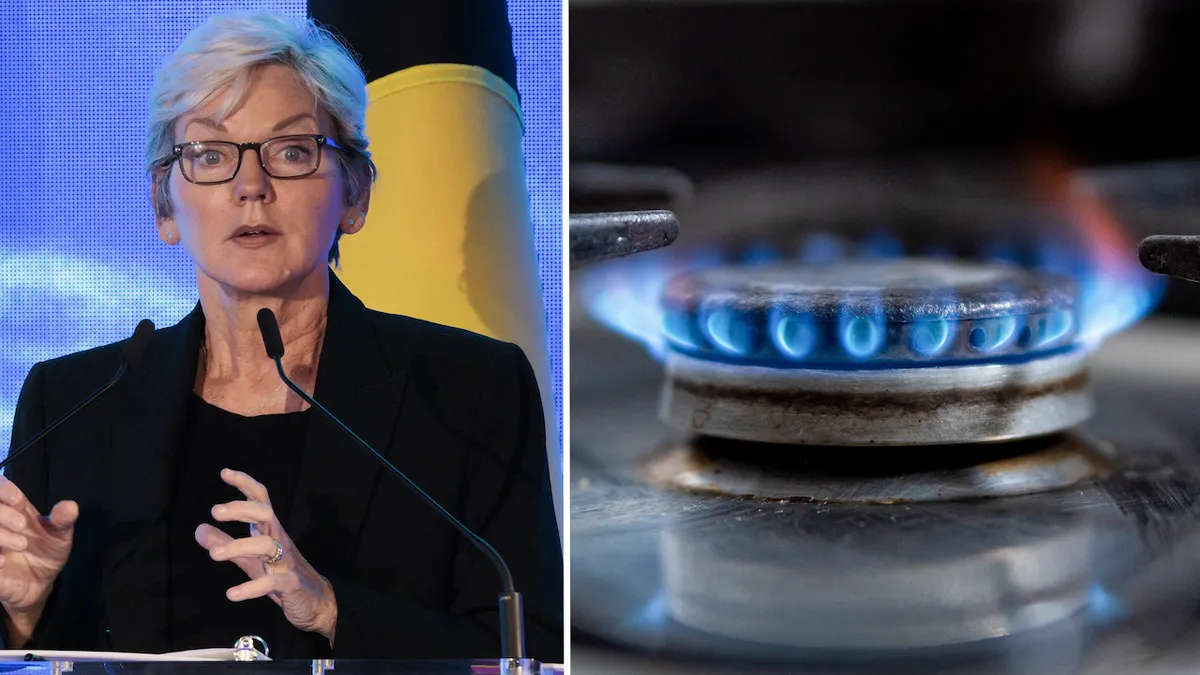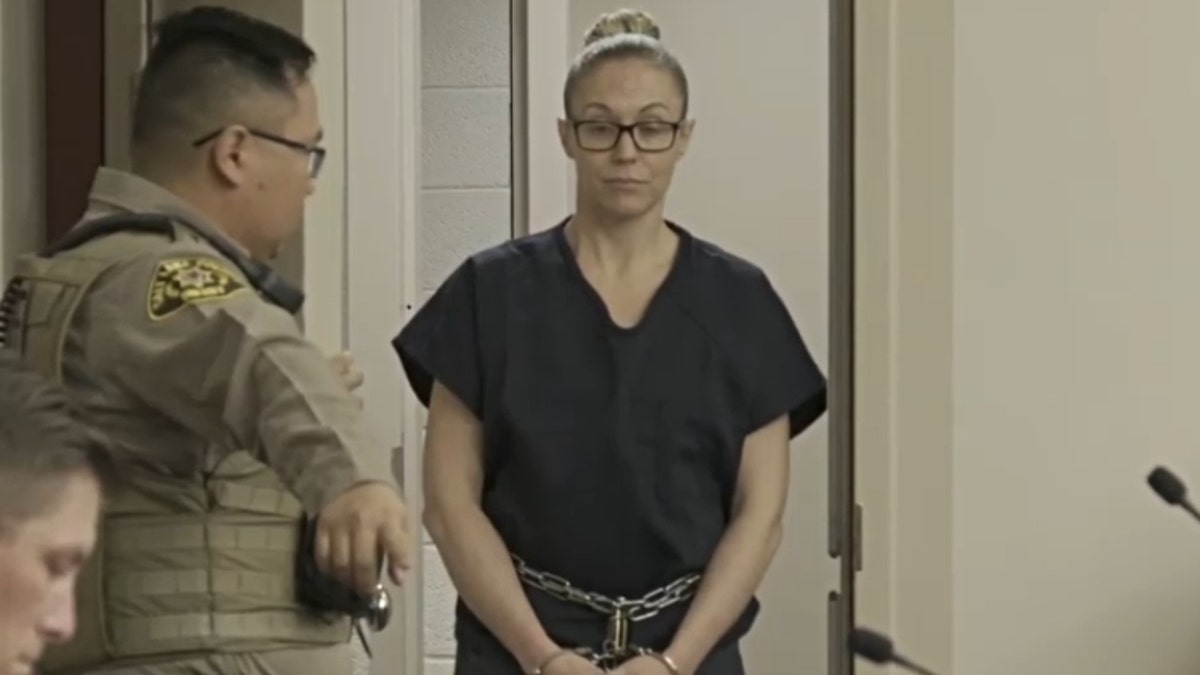Republican leaders in the House and Senate are engaged in discussions about the most effective strategy for enacting their ambitious conservative policy agenda through the budget reconciliation process. While some advocate for packaging all the proposed changes into a single comprehensive bill, others prefer a two-bill approach to address different policy areas separately.
House Speaker Mike Johnson and Majority Leader Steve Scalise have expressed their support for a single, all-encompassing bill, arguing that it represents the most efficient path to achieving their goals, which include border security enhancements, energy cost reductions, and tax policy stabilization. They believe this approach maximizes their chances of success given the complexities of the reconciliation process.

However, Senate Majority Leader John Thune has previously favored splitting the agenda into two separate bills. This approach, also supported by the House Freedom Caucus, would allow for quicker victories on less contentious issues like border security and energy, while providing more time to address the intricacies of tax policy. This strategy aims to secure early wins and build momentum for the more challenging aspects of the legislative agenda.
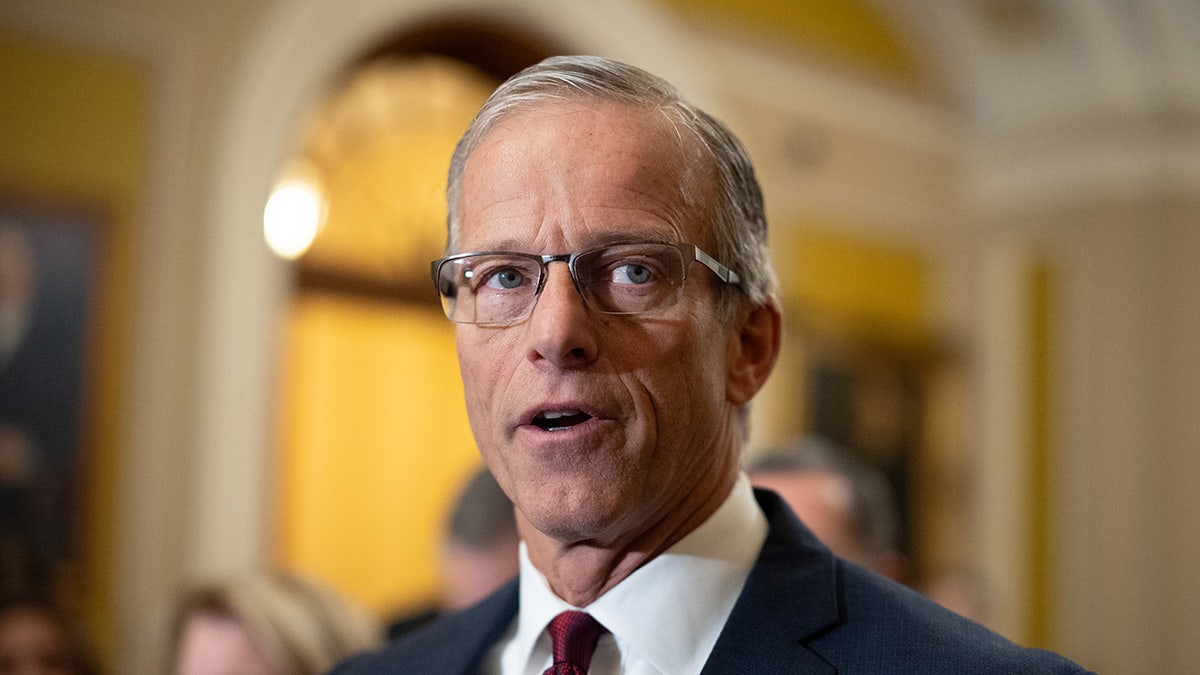
A source within the Senate GOP leadership indicated that a consensus on the one-bill approach hasn't been reached, with many Senate Republicans still preferring two separate reconciliation bills. This difference in opinion highlights the ongoing debate within the party regarding the best legislative strategy.
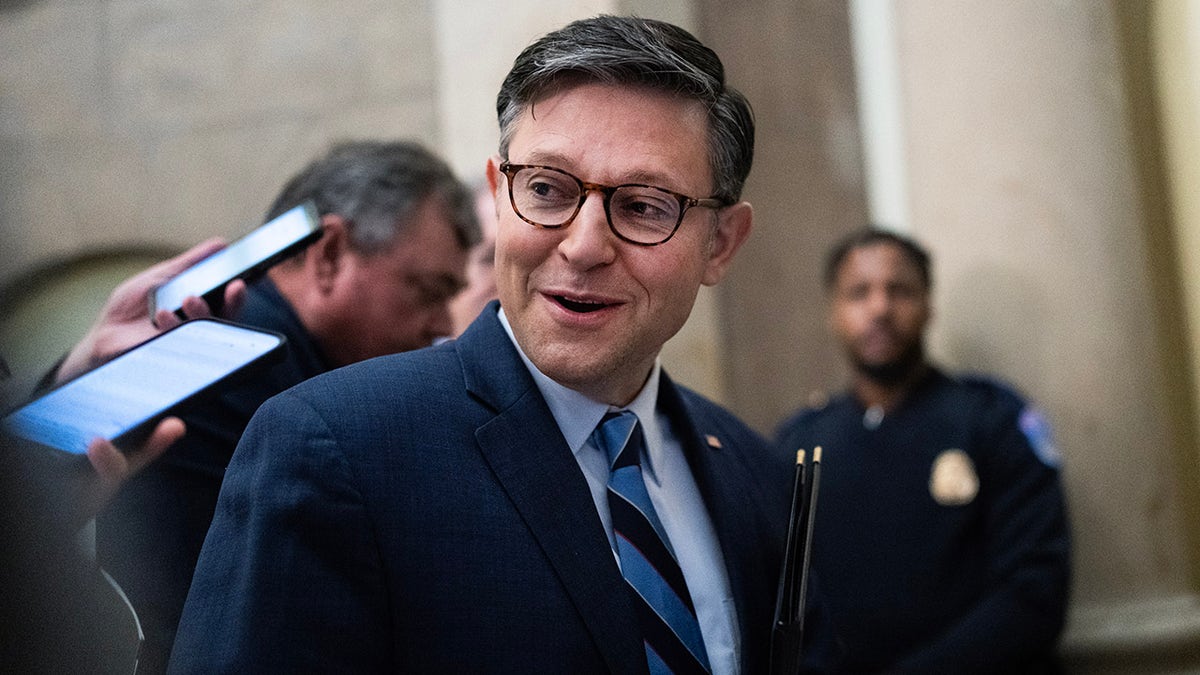
Among the key policy areas Republicans aim to address through reconciliation are border security, government spending, defense, energy, and an extension of the 2017 tax cuts, several provisions of which are set to expire at the end of the year. The two-bill approach is seen by some as a way to mitigate the risk of the entire legislative package failing due to disagreements on complex issues like tax reform. Proponents of a single bill argue that a unified approach is more efficient and less susceptible to political maneuvering.
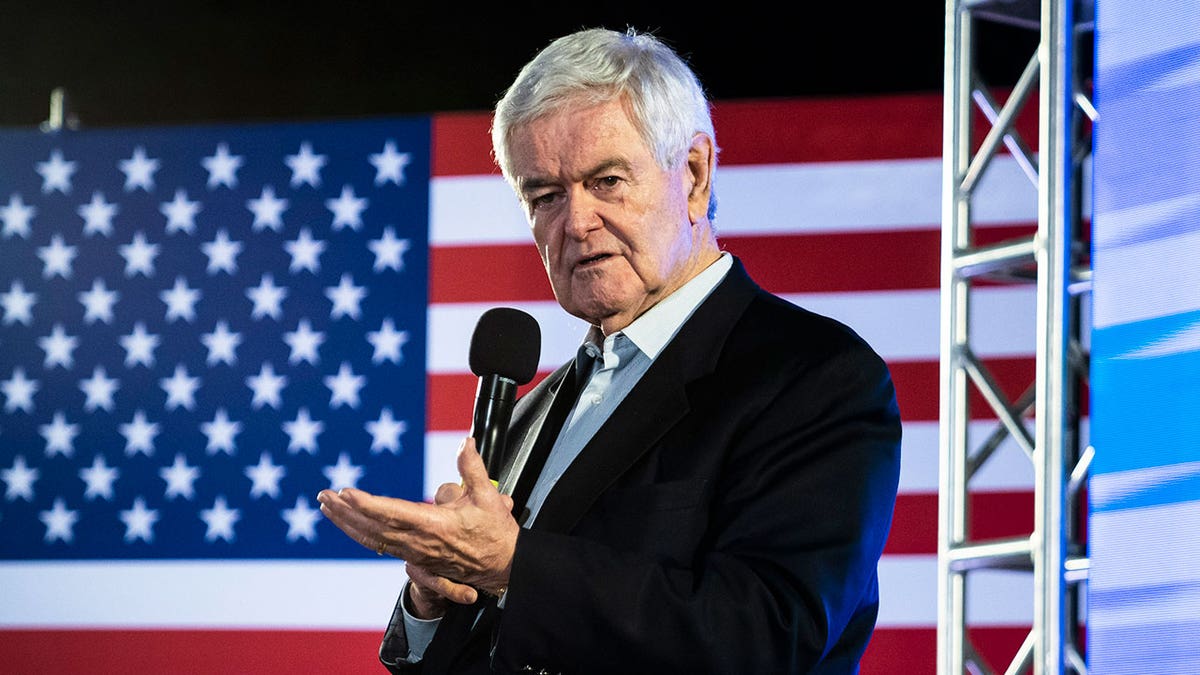
Rep. Nicole Malliotakis, a member of the House Ways & Means Committee, expressed concerns about the feasibility of passing two reconciliation bills given the slim Republican majority in Congress. She pointed to historical precedent, noting that the last successful instance of two reconciliation bills occurred in 1997 under Speaker Newt Gingrich, who enjoyed a significantly larger majority. The tight margins in the current Congress pose a significant challenge to the two-bill strategy.
The timeline for the reconciliation process aims to have a plan on President Trump's desk by spring, according to Majority Leader Scalise. The ongoing discussions and debates within the Republican party underscore the challenges of navigating complex legislative processes with a narrow majority.


